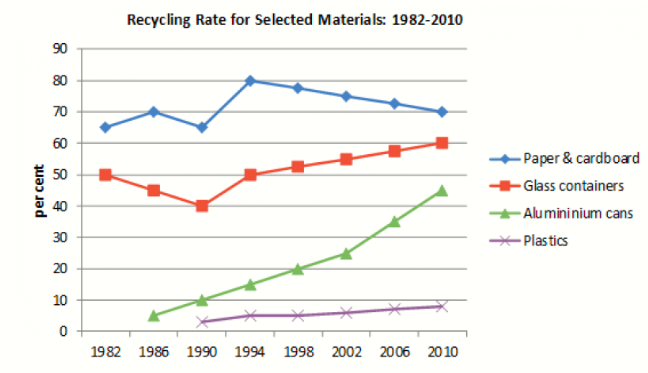It is widely acknowledged that the study of English within educational institutions is often prioritised over the instruction of local languages. The failure to teach these indigenous languages poses a significant threat to their survival, potentially leading to their extinction. In my view, while the acquisition of English is undeniably vital, it should be complemented by an emphasis on local languages from an early age, as these languages embody the cultural heritage and identity of the learners.
English has become a global lingua franca, with its presence felt in educational systems across virtually every nation. Many perceive it as a universal language; indeed, a considerable number of individuals possess even a basic understanding of it. The prevalence of English is particularly evident in developed nations such as the United States, the United Kingdom, and Australia. Mastery of this language can undeniably enhance an individual’s prospects in various domains, including employment opportunities and educational pursuits in fields such as medicine, engineering, law, and marketing. A noteworthy trend is observed among non-English speaking populations, who often strive to learn English and migrate to English-speaking countries in search of improved livelihoods. For instance, a report by CNN highlighted a dramatic increase in emigration rates among Latin Americans to the United States, rising from 35% in 2010 to 55% in 2022, underscoring the allure of English-speaking countries for better socio economic prospects.
Nevertheless, I assert that the preservation of local languages is equally crucial and should be integrated into school curricula. Local languages are the embodiment of personal and communal identity, rooted in the culture and traditions of a given community. For example, in Ecuador, while Spanish is the predominant language, Quichua is spoken in certain areas and plays a vital role in conveying the cultural legacy of the indigenous population. To foster the survival of local languages, it is imperative for governmental bodies to reform educational policies. This could involve initiatives within the Ministry of Public Education to advocate for and implement campaigns and dynamic classroom activities that highlight the significance of local languages. Additionally, establishing legislative measures that allocate equal instructional time for both English and local languages would be instrumental in promoting bilingual education.
In conclusion, while the importance of learning English cannot be understated, this should not come at the expense of local languages, which are equally essential for maintaining cultural identity. The integration of campaigns and interactive learning activities into educational frameworks will be vital for the preservation of these languages. It is critical to provide students with a robust education that encompasses both English and their native languages, thereby ensuring a rich and diverse linguistic landscape.






 Đăng ký
Đăng ký 

Bạn cần đăng nhập để them gia bình luận